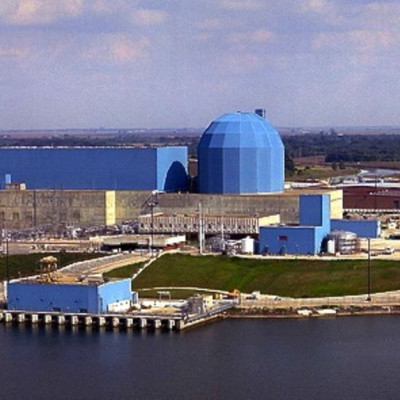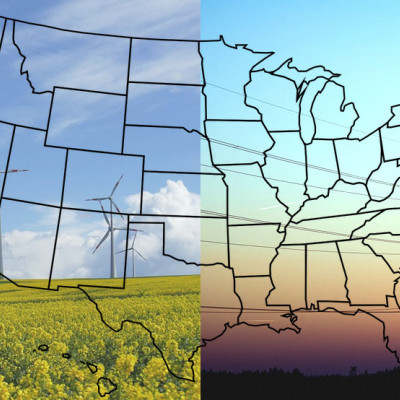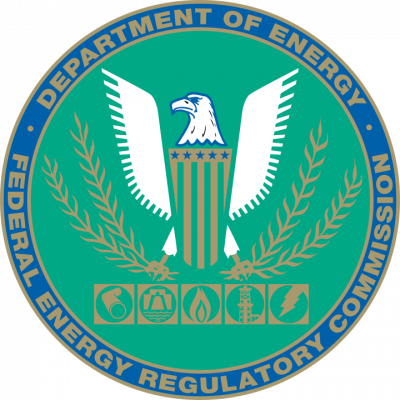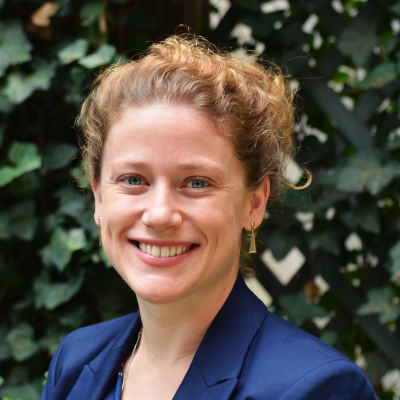November 30, 2017
November 2017 at Policy Integrity
- Legal Briefs on Chemical Disaster Rule, Housing Voucher Reform
- Briefs on New York’s Zero Emission Credit System
- In the News: Could Energy Storage Increase Emissions?
- State Climate and Energy Policy Efforts
- Comments on Federal Climate Policy Issues, Flawed Environmental Impact Statements
- Staff Spotlight: Madison Condon
-

Legal Briefs on Chemical Disaster Rule, Housing Voucher Reform
As federal agencies continue delaying enforcement of public safeguards, we are participating in legal challenges to these delays. In two recent briefs, we highlight the flawed arguments used to justify this deregulation.
EPA recently delayed a rule that aims to decrease the severity and number of chemical accidents at manufacturing facilities and refineries. When state and NGO plaintiffs sued EPA over the delay, we filed a brief in support of petitioners, arguing that EPA did not offer an adequate explanation for choosing to forgo the benefits of the chemical disaster rule.
The Department of Housing and Urban Development (HUD) also suspended a rule that would increase access to affordable housing in higher-opportunity neighborhoods. Our amicus brief in a suit against HUD argues that the agency violated key tenets of administrative law by disregarding the economic impacts of delay and failing to seek public comment before taking action.
-

Briefs on New York’s Zero Emission Credit System
To support its clean energy policies, New York State developed a Zero Emission Credit (ZEC) program in 2016 to compensate nuclear generation for the value of avoiding carbon emissions. A group of industry plaintiffs challenged the ZEC program in federal court, asserting that it is preempted by the Federal Power Act. In July, the U.S. District Court for the Southern District of New York rejected that challenge, and plaintiffs have now appealed to the U.S. Court of Appeals for the Second Circuit. Our amicus brief to the Second Circuit counters the preemption argument by providing a detailed explanation of the ZEC formula. We show that ZEC payments compensate generators for the benefits of carbon reduction, rather than replace wholesale energy rates.
In a separate brief to the Second Circuit, our Energy Policy Director Burcin Unel and other expert economists argue that states have good reason to compensate generators for environmental benefits. The electric power market did not yield economically efficient outcomes because of the external cost of carbon. Putting a price on the benefit of carbon-free electricity helps the market internalize that cost and improve economic efficiency.
-

In the News: Could Energy Storage Increase Emissions?
Energy storage is often cited as the missing link to a cleaner electric sector, but contrary to popular thinking, storage could potentially increase fossil fuel use and greenhouse gas emissions. In the Wall Street Journal, Richard Revesz lays out scenarios in which fossil-fuel plants could use inexpensive storage to displace cleaner sources of electricity. The op-ed, based on Revesz’s recent academic paper with Burcin Unel, argues that changes to state and federal electricity policy could ensure that storage helps decarbonize the electric sector.
-

State Climate and Energy Policy Efforts
Many states are aggressively reforming climate and energy policies to meet decarbonization goals. This month, we gave recommendations to New York and several western states on how to make state policies more economically efficient and legally sound.
We commented on Colorado’s Climate Plan update, encouraging Colorado state agencies to use the 2016 federal values for the Social Cost of Carbon in all major regulatory, resource management, and electricity decisions with possible climate effects.
Our comments on New York State’s Integrating Public Policy Task Force Work Plan recommend topics that should be addressed in the task force work plan. In addition, we submitted detailed comments to the New York State Department of Public Service on how to implement carbon pricing in New York.
Our comments on California’s cap-and-trade program give recommendations on setting a price ceiling for emissions allowances and allocating unsold allowances.
Our comments to the Nevada Public Utilities Commission provide examples of how other states use the Social Cost of Carbon. Our joint comments submitted with other stakeholders provide consensus language for several sections of an energy regulation that the Nevada PUC is currently drafting.
-

Comments on Federal Climate Policy Issues, Flawed Environmental Impact Statements
Our reply comments to the Federal Energy Regulatory Commission (FERC) argue that the record does not support the proposed rule to subsidize coal plants for supposed grid resilience, and FERC should reject comments seeking to undercut state environmental policies.
We also submitted comments on FERC’s failure to consider the social cost of greenhouse gas emissions or fully assess substitute energy sources in its environmental impact statement on the Southeast Market Pipelines Project.
Our comments to Bureau of Land Management argue that the agency manipulated the economic analysis to justify delaying its Waste Prevention Rule, which was designed to prevent private industry from wasting natural gas resources on public lands.
Our comments on the Federal Highway Administration’s proposal to repeal its greenhouse gas measure question why the proposal failed to consider foregone benefits of repealing the rule or explain why the benefits of the measure no longer justify the costs.
Our comments to the Department of Transportation and the National Credit Union Administration argue that their ongoing review of past regulations should consider the public benefits of regulation, not just the costs to regulated industries.
Our comments to the Federal Highway Administration and US Army Corps of Engineers stressed the importance of addressing climate impacts in environmental impact statements for infrastructure projects.
-

Staff Spotlight: Madison Condon
Madison Condon is Policy Integrity’s current Legal Fellow. Previously, she was a fellow with the Earth Institute at Columbia University where her research focused on environmental risk and disclosure. Madison clerked for Judge Jane Kelly of the Eighth Circuit Court of Appeals, served as a Water Security Fellow at Harvard University, and consulted with the Organisation for Economic Cooperation and Development on carbon regulation and international trade law. Madison received a JD from Harvard Law School, an MA in Law and Diplomacy from the Tufts Fletcher School, and a BS in Earth and Environmental Engineering from Columbia University. She was also a Fulbright Fellow to the Netherlands.
